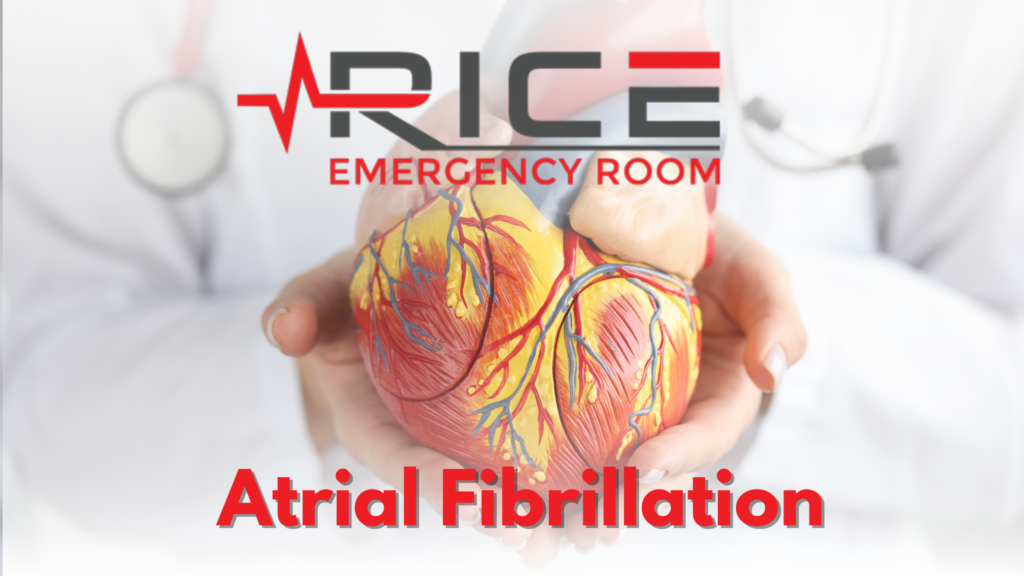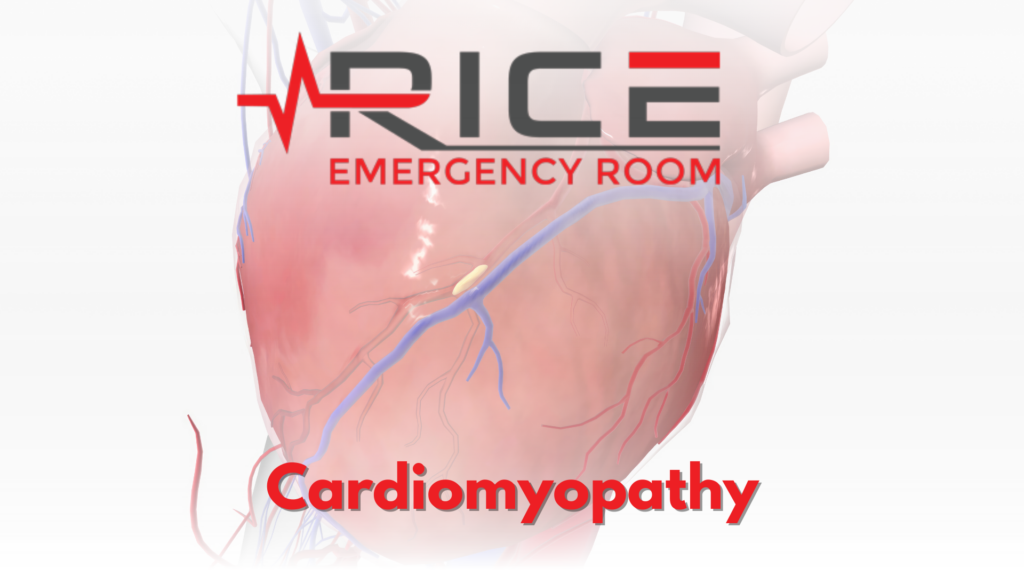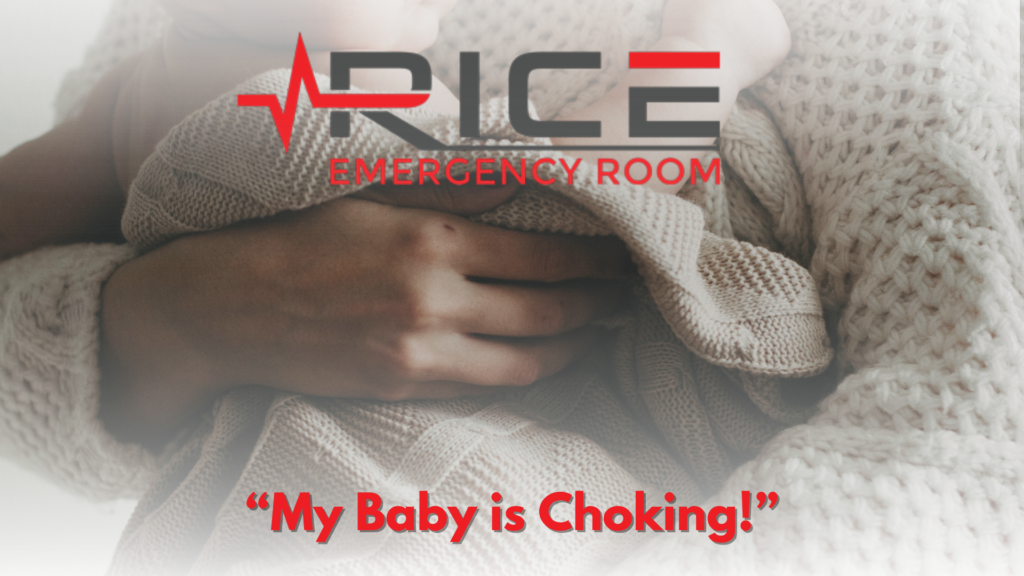Kidney stones are a common yet painful condition that affects millions of people worldwide. These small, hard mineral and salt deposits can form in your kidneys and cause excruciating pain as they travel down the urinary tract. If you’ve ever experienced the discomfort of kidney stones, you know firsthand how debilitating they can be. Understanding the causes, symptoms, and treatments for kidney stones can help you navigate through this painful ordeal with more ease and confidence.
Understanding Kidney Stones
Kidney stones typically form when your urine contains more crystal-forming substances—such as calcium, oxalate, and uric acid—than the fluid in your urine can dilute. These crystals can stick together and grow into a solid mass over time, varying in size from a grain of sand to a pearl. The process of kidney stone formation can be influenced by various factors, including dehydration, certain medical conditions, and dietary choices.
Recognizing the Symptoms
The symptoms of kidney stones can vary depending on their size and location within the urinary tract. Some common signs and symptoms include:
- Severe pain in the side and back, below the ribs
- Pain that radiates to the lower abdomen and groin
- Painful urination
- Blood in the urine
- Nausea and vomiting
- Persistent need to urinate
- Urinating more frequently than usual
If you experience any of these symptoms, especially severe pain that doesn’t go away, it’s important to seek medical attention promptly. (Cleveland Clinic, 2024)
Diagnosis and Treatment
Diagnosing kidney stones typically involves a combination of medical history, physical examination, imaging tests, and laboratory tests. Once diagnosed, the treatment approach may vary depending on the size and location of the kidney stones, as well as the severity of symptoms.
Treatment options for kidney stones can include:
- Pain Management: Over-the-counter pain relievers such as ibuprofen or acetaminophen can help alleviate discomfort associated with kidney stones.
- Hydration: Drinking plenty of water is essential for flushing out kidney stones and preventing new ones from forming. Aim to drink at least eight glasses of water per day, or more if you’re physically active or live in a hot climate.
- Medications: Depending on the type of kidney stones you have, your doctor may prescribe medications to help dissolve stones or prevent their formation. These medications may include alpha-blockers, calcium channel blockers, or medications to reduce uric acid levels.
- Medical Procedures: In some cases, medical procedures may be necessary to remove or break up larger kidney stones. Common procedures include shock wave lithotripsy, ureteroscopy, and percutaneous nephrolithotomy.
- Surgical Intervention: Surgery may be required for particularly large or stubborn kidney stones that cannot be effectively treated with other methods. Surgical options may include minimally invasive techniques or traditional open surgery, depending on the individual’s circumstances.
(Mayo Clinic, 2022)
Lifestyle Modifications
In addition to medical treatments, certain lifestyle modifications can help prevent kidney stones and reduce the risk of recurrence. Here are some tips to consider:
- Stay Hydrated: Drink plenty of water throughout the day to maintain adequate urine volume and prevent the concentration of minerals that can lead to stone formation.
- Follow a Balanced Diet: Limit your intake of foods that are high in oxalate, sodium, and animal proteins, as these can contribute to the formation of kidney stones. Instead, focus on a diet rich in fruits, vegetables, and whole grains.
- Monitor Your Calcium Intake: While calcium is essential for bone health, excessive calcium supplementation may increase some individuals’ risk of kidney stones. Talk to your doctor about the appropriate amount of calcium for your age and gender.
- Limit Caffeine and Alcohol: Caffeine and alcohol can dehydrate the body, making it harder to flush out kidney stones. Limit your consumption of these beverages, especially if you’re prone to kidney stones.
(Solan, 2023)
When to Go to the ER
Dealing with kidney stones can be a painful and challenging experience, but with the right knowledge and proactive approach, you can effectively manage the condition and reduce the risk of recurrence. By understanding the causes, symptoms, and treatment options for kidney stones, as well as making necessary lifestyle modifications, you can take control of your health and minimize the impact of this common urinary tract disorder.
Remember, if you suspect you have kidney stones or experience severe symptoms, don’t hesitate to seek medical attention. Early diagnosis and treatment are key to preventing complications and finding relief from the discomfort of kidney stones.
Works Cited
Cleveland Clinic medical, Cleveland Clinic medical. “What Are Kidney Stones?” Cleveland Clinic, 26 Feb. 2024,
my.clevelandclinic.org/health/diseases/15604-kidney-stones.
Mayo Clinic. “Kidney Stones.” Mayo Clinic, Mayo Foundation for Medical Education and Research, 3 June 2022,
www.mayoclinic.org/diseases-conditions/kidney-stones/diagnosis-treatment/drc-20355759.
Solan, Matthew. “How to Pass a Kidney Stone & 5 Tips to Prevent Them.” Harvard Health, 30 June 2023,
www.health.harvard.edu/blog/5-things-can-help-take-pass-kidney-stones-2018030813363.




